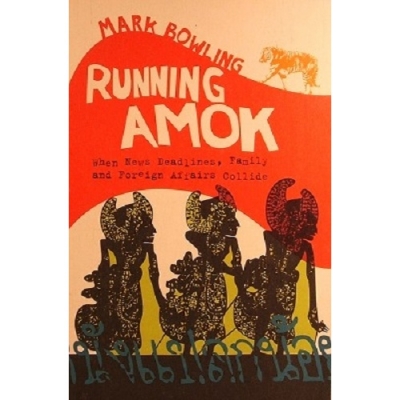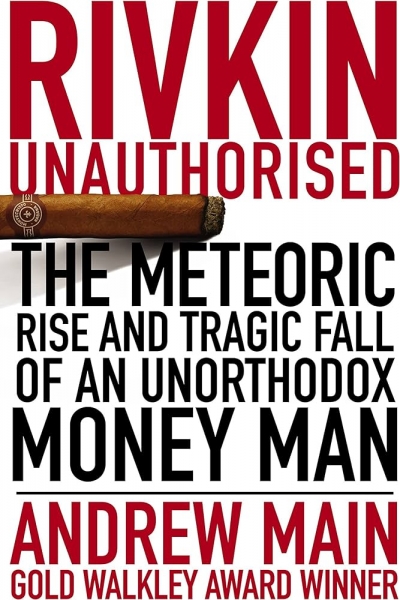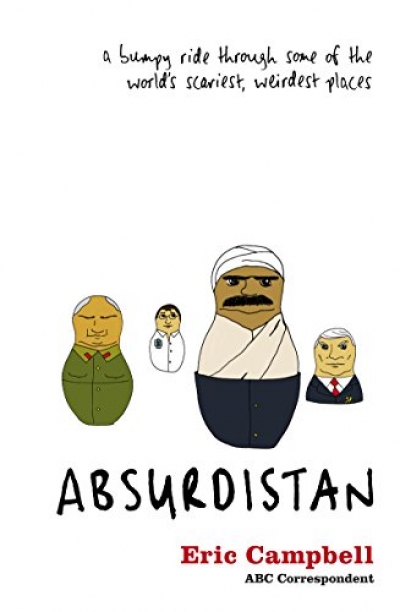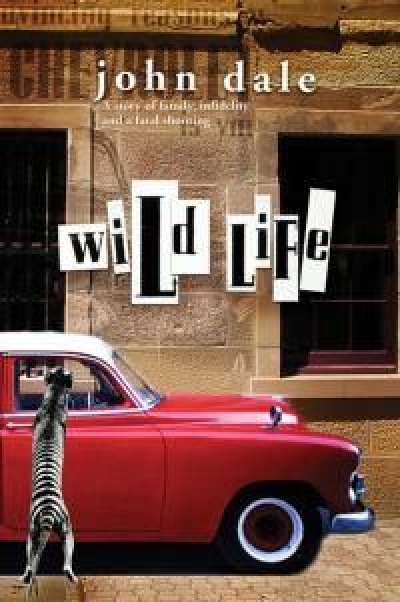Rene Rivkin was one of those unorthodox characters who was irresistible to the Sydney media – and the feeling was mutual. ‘I never feel really alive unless I am in the newspapers,’ he remarked to one journalist at the peak of his fame.
Rivkin loved being rich, and he loved talking about it. His father’s generation may have regarded it as deeply improper to talk about one’s money, but to Rene it was a reason for being. Why not flaunt it. At a speech night in 1988 for his alma mater, Sydney Boys’ High, he was invited to talk about the lessons he had learned at school. Instead of taking the usual path of exhorting the boys about the merits of thrift, hard work and selflessness, Rene extolled the virtues of being rich. It was a message that endeared him to the wallets of many during his time as the nation’s most famous stockbroker. He not only loved making money, he loved spending it as well. He was generous to his friends. He had dozens of expensive cars, a sumptuous residence in London, a $10 million house in Sydney, and a luxury motor yacht. He once bought an employee a $20,000 Harley Davidson motorcycle as a reward for the man kissing his feet.
...
(read more)






